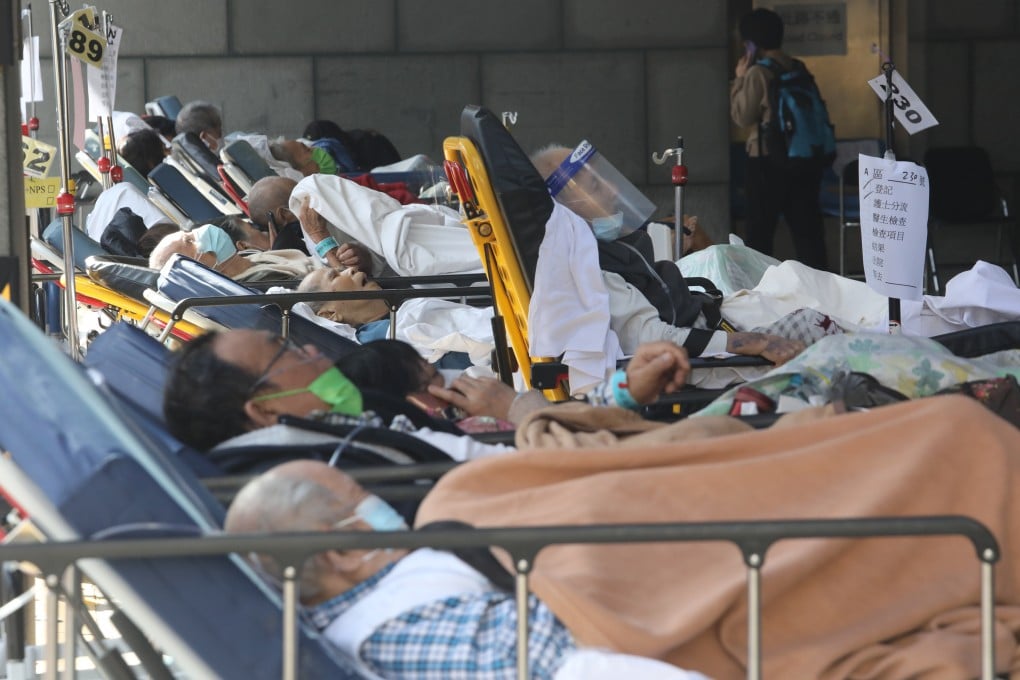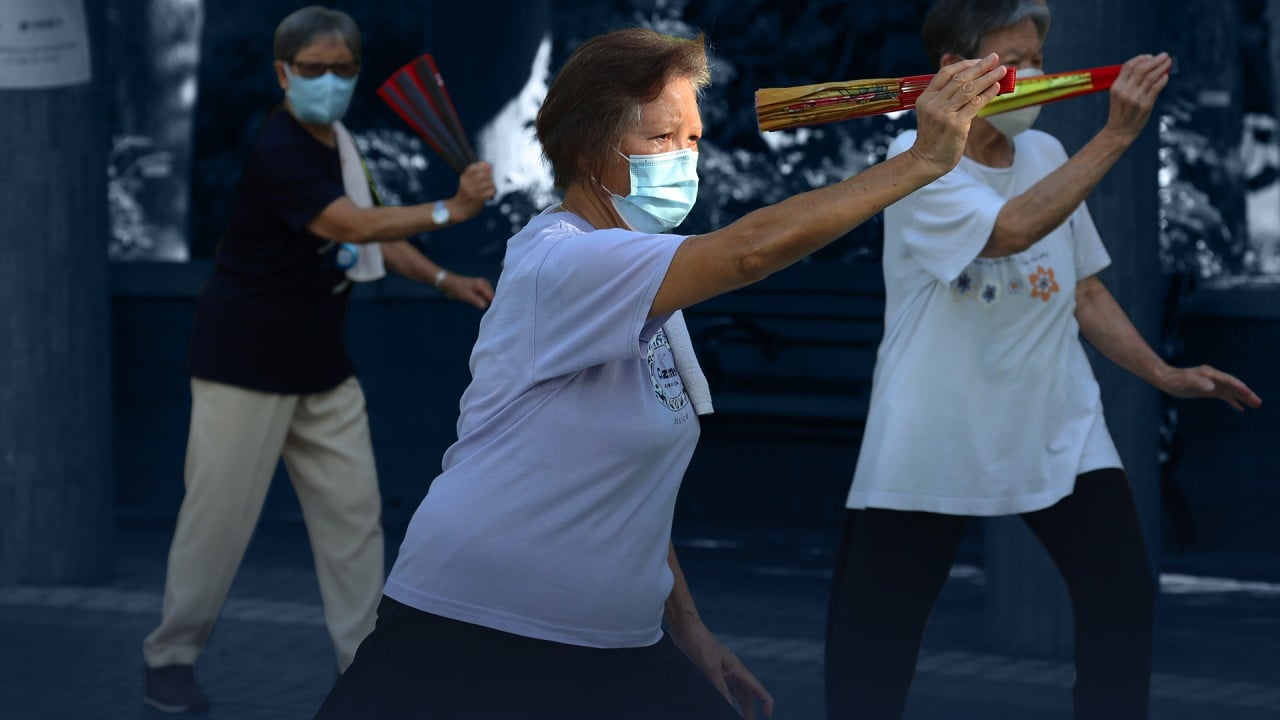Opinion | Hongkongers are living longer but not healthier as ageing population puts extra burden on health care
- Chronic diseases, disabilities and dementia are on the rise among Hong Kong’s ageing population while the pandemic has further exposed the lack of resources in elderly care
- The city has the financial means and central government support to do better, but it has focused on treatment over prevention

Among the elderly population aged 65 or above, the proportion aged 85 or over has risen from 5 per cent in 1981 to 16 per cent in 2021. This is expected to surpass 30 per cent by 2066, which means one in every three elderly people will be 85 or above.
Furthermore, the number of people aged 100 or above has increased from 289 in 1981 to 11,575 in 2021, which is an alarming rise over the past 40 years. The number of centenarians in Hong Kong is expected to continue increasing. Have we made sufficient preparations for the scale of this challenge?
One of the biggest problems that needs to be addressed with an ageing population is their growing health care and welfare needs. According to the World Health Organization, the prevalence of people diagnosed with cancer, chronic cardiovascular disease and dementia increases with age.
New research by Hong Kong Shue Yan University shows that more than 80 per cent of our elderly have difficulty walking, or require the support of others or the use of assistive equipment to walk. Nearly 85 per cent have one or more chronic diseases, such as high blood pressure and heart disease.


